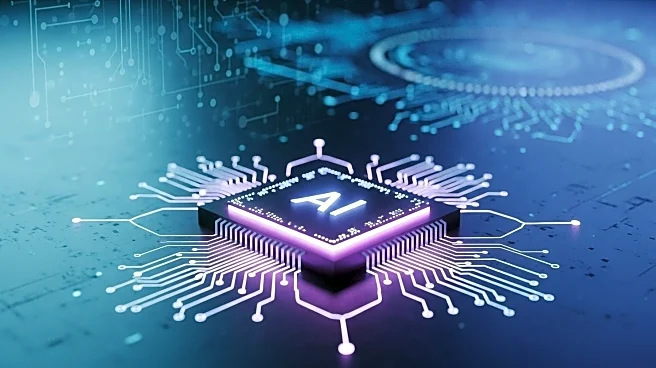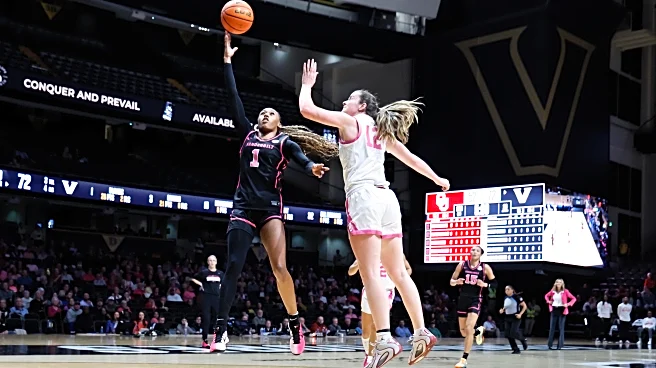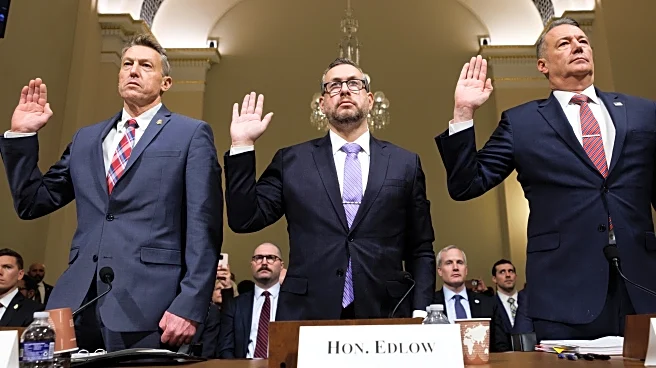What's Happening?
The United Nations General Assembly has opened with a significant call for binding international measures to regulate artificial intelligence (AI). Over 200 prominent figures, including Nobel Prize winners and leading AI researchers, have signed an open letter urging the establishment of 'AI Red Lines' to prevent dangerous uses of AI. The letter highlights the urgent need for an international agreement to set clear and verifiable limits on AI applications, citing the rapid advancement of AI technologies. Nobel laureate Maria Ressa announced the letter during the Assembly's High-Level Week, emphasizing the need to prevent universally unacceptable risks posed by AI. The signatories include notable figures such as Geoffrey Hinton and Yoshua Bengio, recognized as pioneers in AI research.
Why It's Important?
The call for binding AI safeguards is crucial as AI technologies continue to evolve rapidly, posing potential risks to global security and human rights. The letter warns of AI's capability to contribute to mass unemployment, engineered pandemics, and systematic human rights violations. Establishing international regulations could help mitigate these risks and ensure AI is developed and used responsibly. The involvement of Nobel laureates and leading AI researchers underscores the seriousness of the issue and the need for global cooperation. The initiative aims to prevent AI from inflicting irreversible damage on humanity, drawing parallels to past international agreements on biological weapons and environmental protection.
What's Next?
The UN will launch its first diplomatic AI body later this week, marking a significant step towards international collaboration on AI governance. This body is expected to facilitate discussions among global leaders and experts to negotiate the specifics of AI regulations. The open letter suggests prohibiting lethal autonomous weapons and AI's use in nuclear warfare as potential red lines. As AI continues to attract scrutiny, the establishment of binding limitations could pave the way for safer AI development and deployment. The involvement of civil society organizations worldwide indicates broad support for the initiative, highlighting the global consensus on the need for AI regulation.
Beyond the Headlines
The call for AI safeguards also raises ethical and cultural questions about the role of technology in society. As AI becomes more integrated into daily life, defining its limits will require careful consideration of ethical principles and societal values. The initiative could lead to long-term shifts in how AI is perceived and utilized, potentially influencing public policy and industry standards. The focus on binding limitations rather than voluntary commitments reflects a growing recognition of the need for enforceable regulations to ensure AI's benefits are maximized while minimizing its risks.











